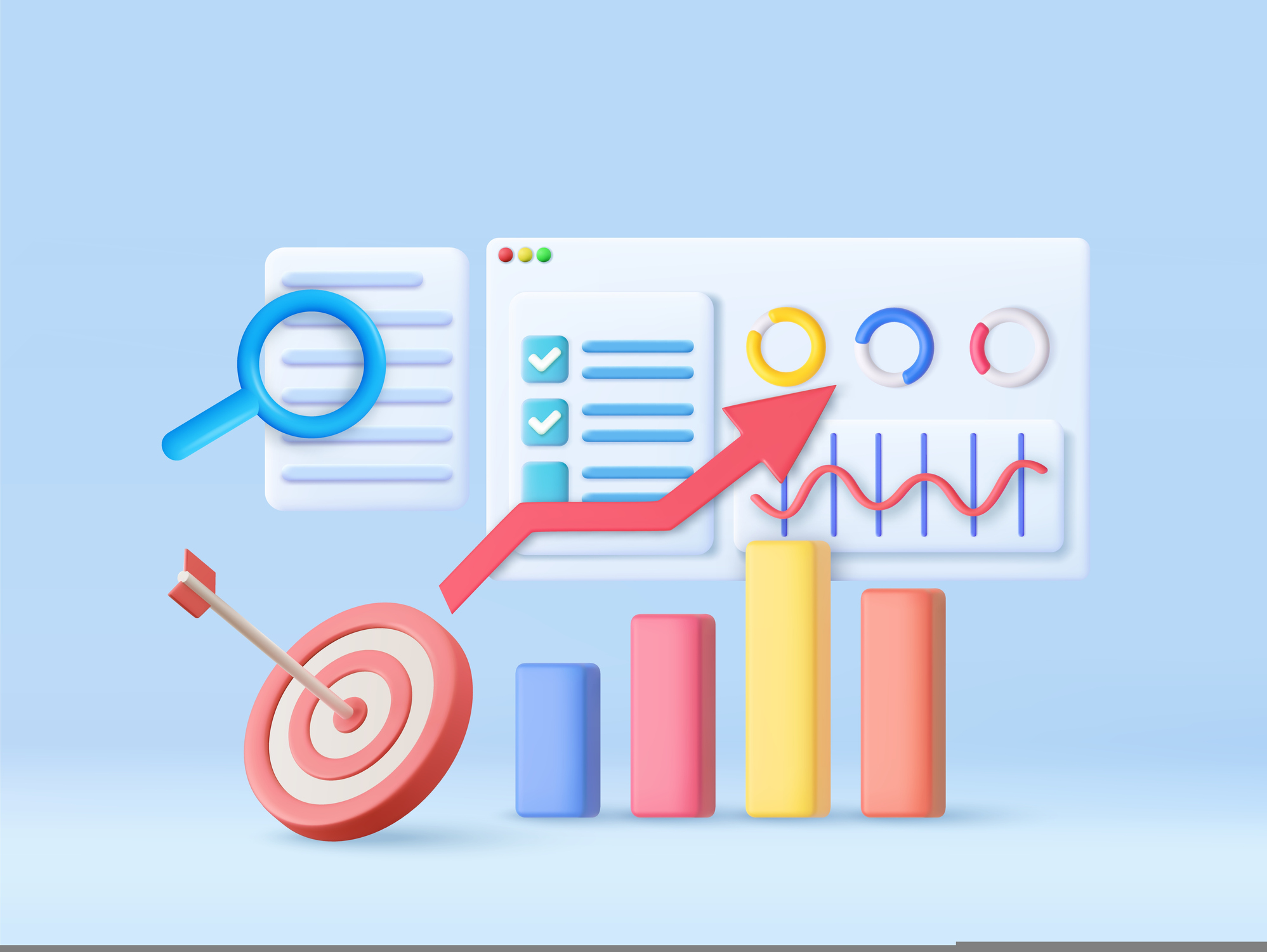How to How Are Press Releases Distributed in 7 Easy Steps
Introduction
If you're new to the world of public relations, it can be overwhelming to figure out how to get your distribute press release out there. After all, there are so many ways to distribute your release! But if you follow these simple steps in order, then your message will get into the hands of journalists who want to write about it:
Step 1. Edit Press Release
The first thing to do is edit your press release so that it contains all of the information that you want to share with the world. You should make sure that:
You have the right information in your release, and if there are any typos or grammatical errors, fix them immediately.
The release is free from spelling and grammatical errors, such as missing words or incorrect punctuation. It's also important for every line of text to be grammatically correct; otherwise, people won't know what they're reading! If possible, check for typos by having a friend read over your draft before sending it out into the wilds of cyberspace (or just save yourself time by checking them yourself).
Step 2. Print and Sign
The second step is to print and sign the release. This is where you will want to make sure that you have a copy for yourself and one for your colleague, too. If you are releasing a press release distribution, it doesn't hurt to keep this in your filing cabinet or on-hand at all times.
Step 3. Email Your Press Release
Email Your Press Release
Emailing your press release is a great way to get the word out and reach as many people as possible, but there are a few things you should know before doing so:
Add a personal touch to your email. Don't forget that it's not just another form letter being sent out by an automated system—it's an opportunity for you to connect with your audience on a more human level and show them why they should care about what you have to say! You can do this through adding links or images from other relevant sources in addition to providing context around each topic discussed in the release itself (if applicable).
Don't send it all over town! If there are several media outlets writing about similar topics related specifically within their geographic area then consider targeting those specific publications based upon their location rather than sending all surrounding areas indiscriminately. This will help ensure maximum exposure while also ensuring coverage isn't wasted elsewhere due lack of interest across multiple media platforms across different regions/districts throughout country/state etc..
Step 4. Upload to a Free Press Release Site
Now that you've created your press release for distribution, it's time to upload it to a free distribution service. The best way to do this is by using a service that allows you to upload your own file directly—this way, there's no need for an intermediary site like PRWeb or Jigsaw.
Selecting this option will also ensure that the file is not too long or cumbersome; ideally, no more than 2MB per page (the default setting) should be allowed for uploading and downloading files from these sites. If possible, choose an open-source alternative such as Wordpress instead of paying for proprietary software like Adobe Captivate or Powerpoint presentation software which can cost hundreds of dollars each year depending on how many people are using them at once!
Step 5. Send Over the Wire
Once you've sent your press release to all of the relevant news outlets, it's time to send over the wire. This can be done by posting copies of your press release on social media or by sending them via email (if you're not comfortable with tweeting about yourself). You may also want to make sure that copies are sent out through any other means available: print versions at local restaurants and shops, email blasts (with links), etc.
Step 6. Post on Social Media
Post on Social Media
The last step in getting your press release distribution service out there is posting it on social media. You can use a hashtag to help others find your post, but you should also be sure to post at the same time as you post on other sites like LinkedIn or Twitter. Typically, this means writing up a quick post with some of the highlights from the press release (including images), then sharing it again and again until it’s been shared enough times that someone will see it and take action—usually by clicking through to read more about what excited them most about your product/service/competitor's business model!
Step 7. Send a Follow-Up Email
After you've sent the press release, it's important to follow up with your contacts. The best way to do this is by sending an email related to how they responded to your press release. This can be anything from a thank you note for their feedback and interest in your company or product, or even just getting some feedback on how they found the press release itself.
It may seem like an obvious point but make sure that every email contains a link back to the original press release so people know where they can find more information about you! You should also ask if there are any questions that people have so that you can provide answers in future communications (for example: "What was most helpful?").
Finally—and most importantly—use this as an opportunity for building relationships with those who have already heard about what you're doing through social media channels such as LinkedIn groups or Facebook groups (you'll find these by searching under “meetups”). These networks allow brands like yours access into communities where professionals share their interests offline as well as online; use them wisely!
The right way to distribute your press release is whatever works for you
The right way to distribute your best press release distribution services is whatever works for you. You can use a service or do it yourself, but there are some things that are best done the traditional way.
The first step in distributing your press release is setting up your email list and social media accounts. This should be done before sending out any emails, because it will help ensure that every person who receives one has given permission for you to send them information about yourself or your business through email and/or social media channels (like Facebook). If someone clicks on an ad on LinkedIn or Pinterest, they'll see an image of their profile with a button saying "Follow" underneath it; clicking this button will add them as one of your followers so they won't miss future blog posts from yours truly!
Next comes scheduling times when each person on the list receives their notifications: either weekly updates via text messages/emails sent directly from our website (website visitors) or biweekly updates via text messages/emails sent through third party platforms such as MailChimp (email subscribers).
Conclusion
The good news is that you don’t have to be a journalist or PR professional to write and distribute a press release distribution services. The key is to start with an outline and work from there. When in doubt, use the tips we’ve outlined above—and remember that it can take time for the elements of your story (i.e., those facts and figures) to fully come together as an effective piece of content.
Get in Touch with us!
Website –https://www.pressreleasepower.com/
Skype – shalabh.mishra
Telegram – shalabhmishra
Whatsapp – +919212306116
Email –contact@pressreleasepower.com
Mobile – +91-9212306116

.jpg)
.jpg)




.jpg)

 English (US) ·
English (US) ·